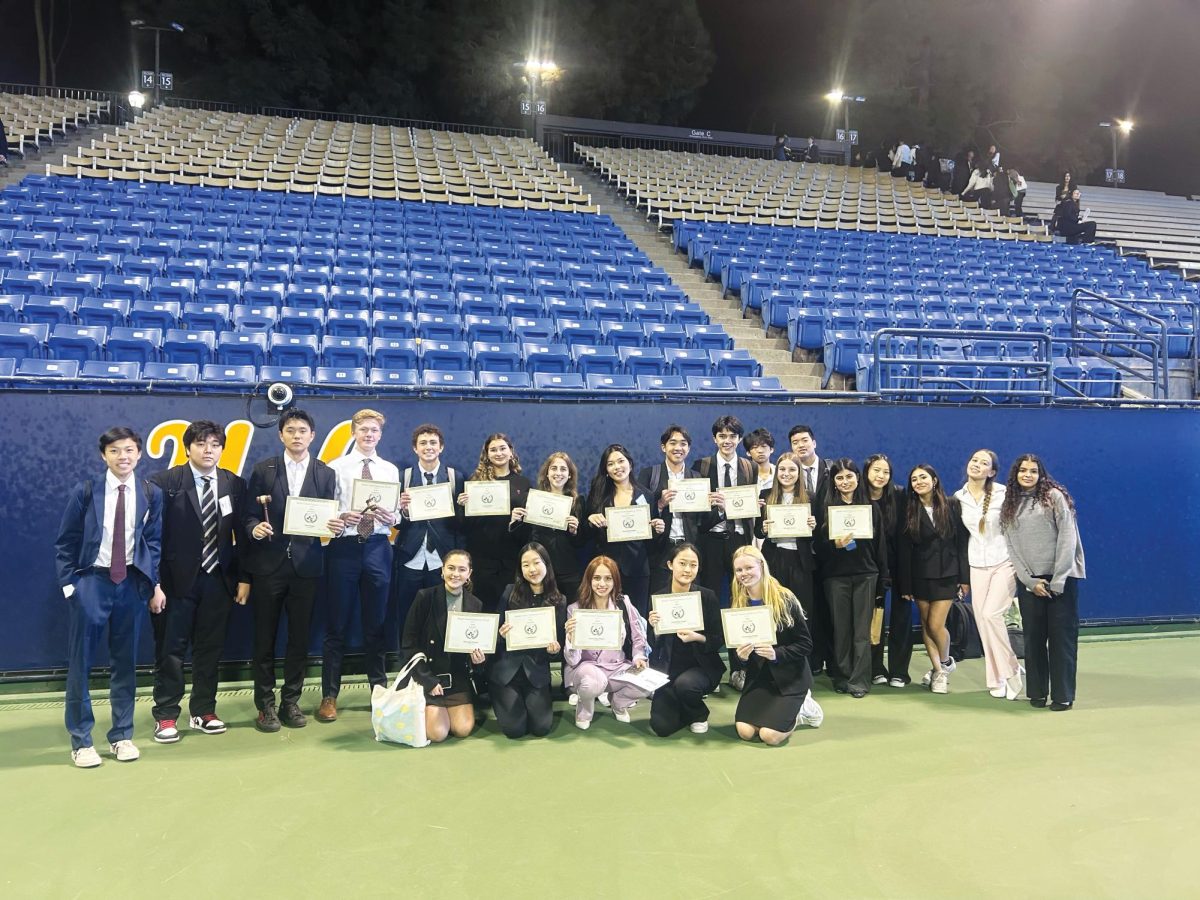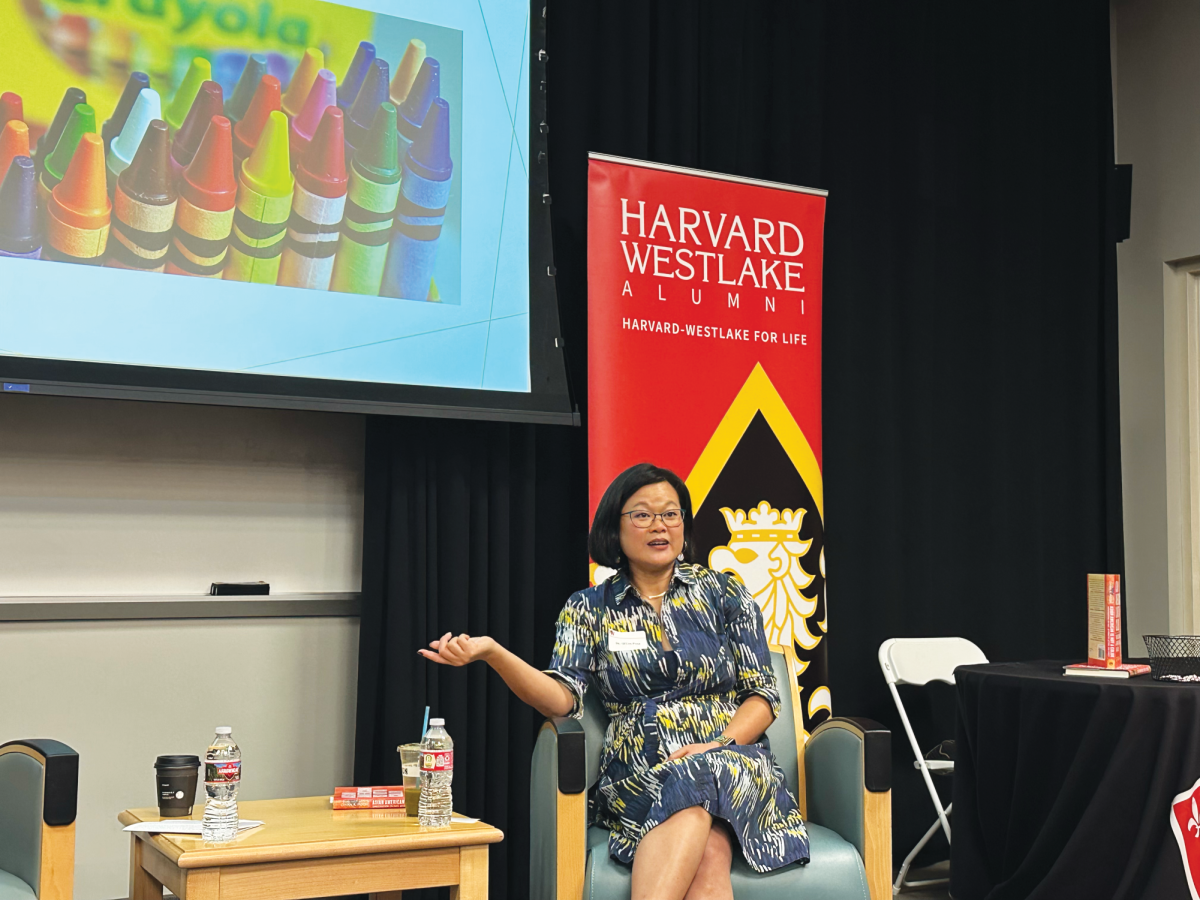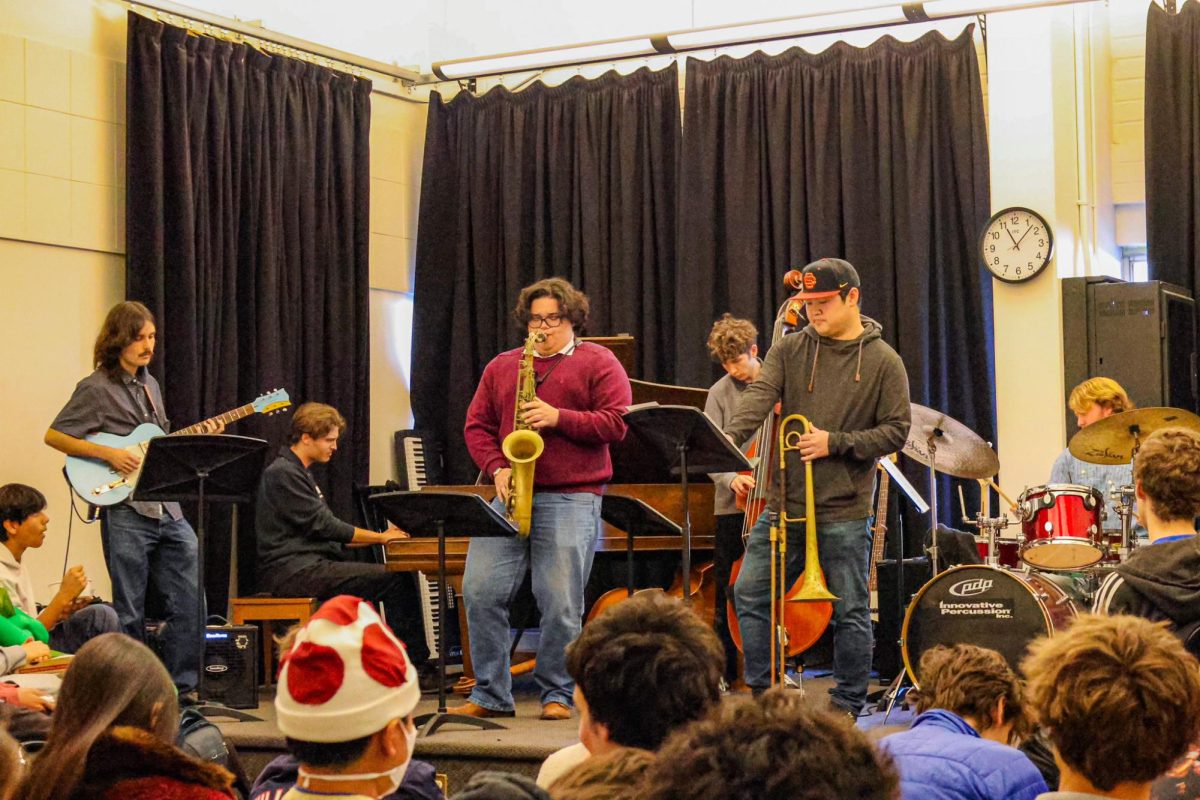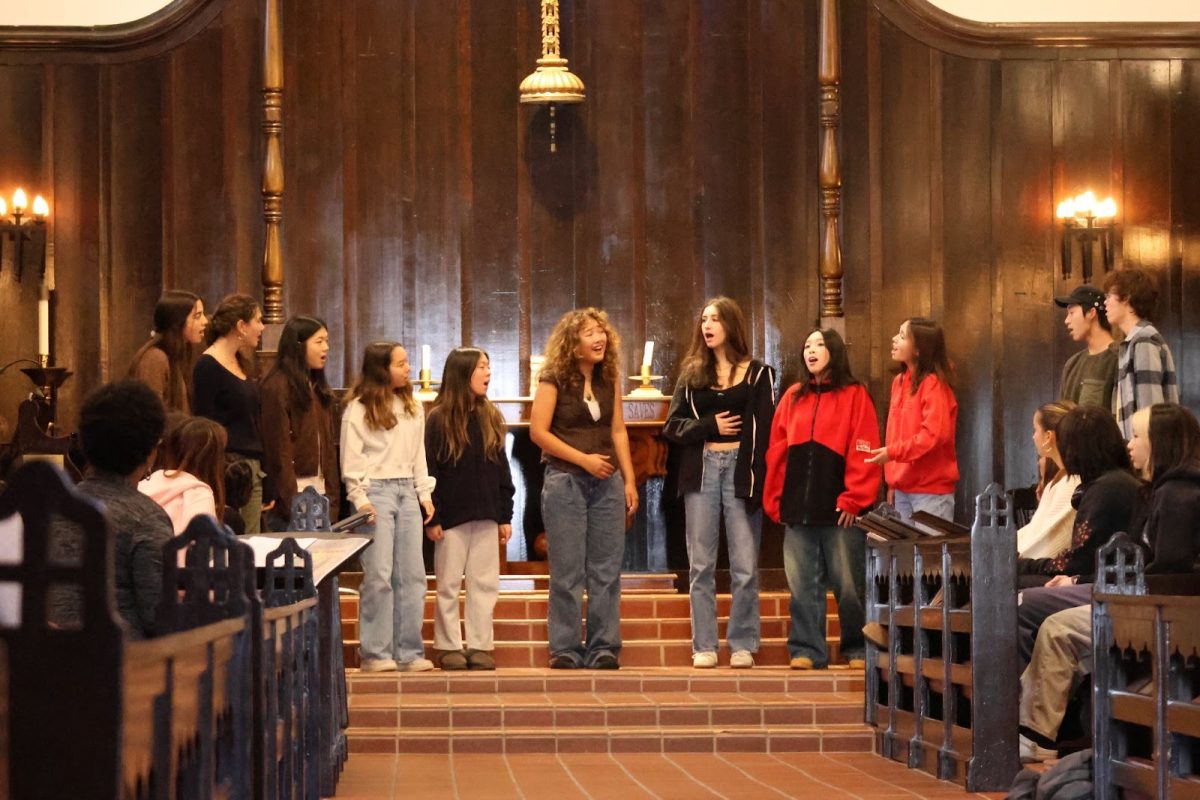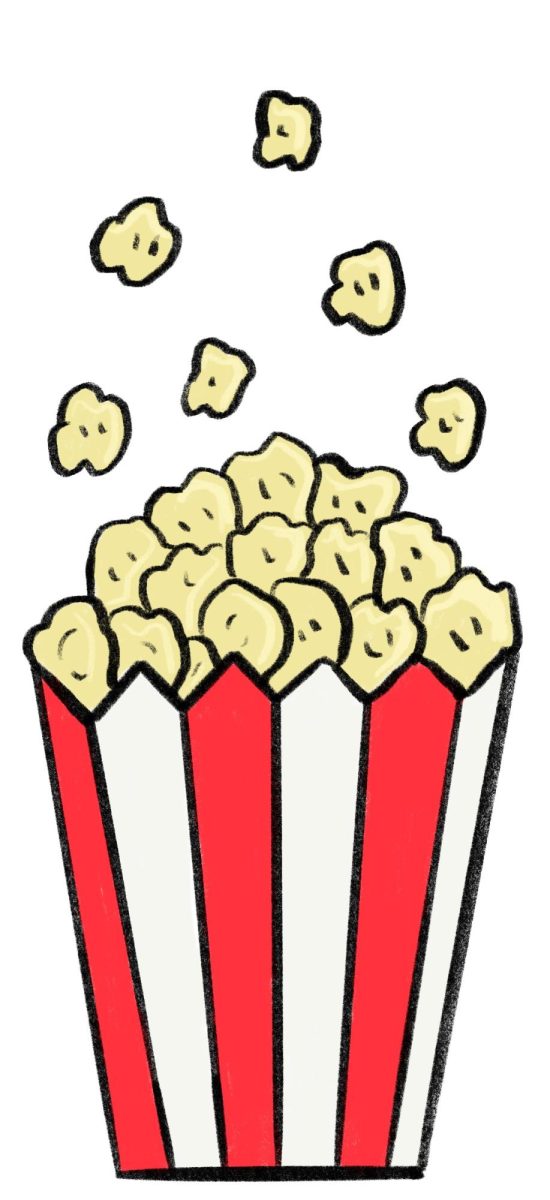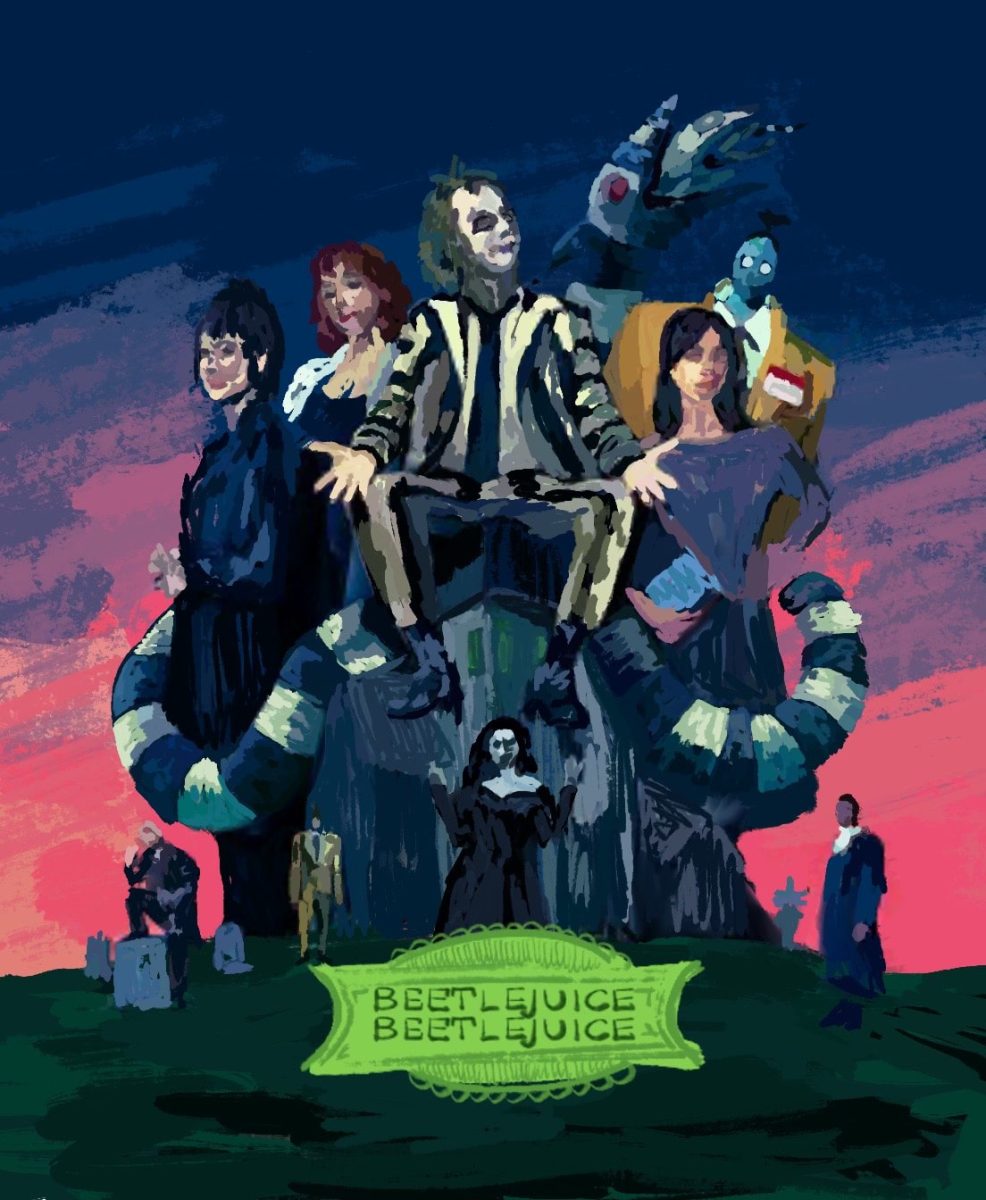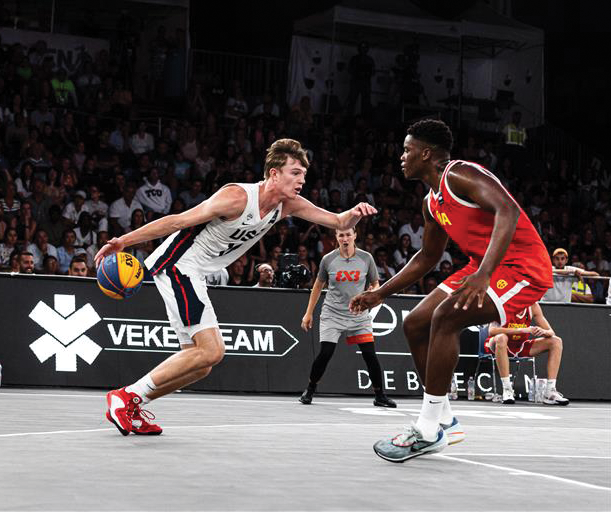By Ben Goldstein
Most Wolverine fans remember the varsity football teamâs unexpected trip to the CIF semifinals in 2006. There are some who recall the 1998 squadâs loss in the Southern Section Division VII championship. But only a handful of Wolverines know something about their schoolâs football team from a quarter century back.
In 1983, long before the Wolverines existed, the Harvard Saracens put together one of the most successful football seasons the school has ever seen.
The squad, which was dubbed the “Greatness” team, tore through its competition in the Pioneer League that season, heading into the playoffs undefeated at 10-0. Harvardâs combination of talented and experienced players helped make them a relatively easy team to coach.
“The players at the offensive skill positions had speed and the ability to run, throw and catch,” said science teacher Jim Brink, an assistant coach on the 1983 team. “The linemen on both sides of the ball were strong and agile. The defense had great pursuit, hit hard and worked well as a unit.”
Harvard was the only private school in its league and was smaller than most of its opponents like El Segundo, Redondo and Mira Costa.
“They were determined competitors who bought into the team concept,” Brink said. “We were usually regarded as underdogs before the game.”
But heading into the playoffs, underdogs they were not.
“We were heavy favorites, I imagine, going into the playoffs,” the teamâs defensive back Bryan Scher â84 said. Riding on a wave of momentum from their undefeated regular season, the Saracens won their first two games in CIF play.
“Emotionally, we tried to keep the players on an even keel as the season progressed, but with each win the buzz was a little louder and the excitement grew on campus,” Brink said. “Eventually we had a large following among students, faculty, parents and alumni.”
At 12-0, the “Greatness” team seemed poised to cap off their season in the fashion their name suggested. A victory over Atascadero on the road in the semifinals would give the Saracens a chance to play for the CIF championship.
“We were definitely the favorite team going into in that game,” Scher said.
The score in the semifinals was still 0-0 after three quarters, and it was clear Harvard had finally found some competition. Both offenses moved the ball, but as each team approached the red zone, the defense would make a stand on fourth down or force a turnover. But in the final minutes, Atascadero was able to convert on fourth down and went on to score a touchdown. Harvard had one final possession but was unable to score, losing its last game 7-0.
“It was a classic high school football game with exceptional talent on both sidelines,” Brink said. “The only difference was that Atascadero was able to finish off one of their drives.” Atascadero, a perennial powerhouse, went on to win CIF that year.
“Everyone was disappointed,” Scher said. “These were guys who expected to win.”
The football team was led on the sidelines that season by Head Coach and former Athletic Director Gary Thran, Assistant Coach Lee Carlson and Brink. But Scher believes the special bond between his teammates and his coaches began long before the 1983 season. The same boys had been together since seventh grade and formed relationships with the coaching staff right from the beginning, he said. Scher also credits the importance of his sophomore football season in 1981, calling it “the foundation of our success.”
Scher believes there were strong players at each position, but said the two key players that season were tight end-linebacker Kris Thabit â84 and running back Todd Jones â84. Thabit went on to play football at Harvard University, and Jones played at Rice. In addition to these two standout players were quarterback Jafer Patterson â84 and Matt Stone â84.
The man responsible for labeling the â83 squad the “Greatness” team is one of the Saracensâ more colorful personalities. Linebacker George Fritzinger â84 , who liked to be called George Russell Fritzinger III, loved repeating certain words over and over again, and sometimes would make up entirely new ones of his own.
“He would say “greatness” all the time, but it was never really regarding our team,” Scher said. “He would just refer to himself or [members of the team] with that word.” The name caught on, and eventually the squad became remembered simply as the “Greatness” team. But the name didnât always seem so appropriate given the teamâs difficult playoff exit, Scher said.
“Maybe itâs acceptable when youâre 12-0, but I donât think we were using that word after the last game,” he said.
Twenty-five years later, the bonds between former teammates are still intact.
“We were close as a team and closer as friends, and those ties have stayed strong even after 25 years,” the teamâs center Tom Foreman â84 said. “I often marvel in the fact that my best friends in the world are those who were on that team.”
Members of the squad keep in touch through e-mail, and those in Southern California see each other often. Some former teammates even went into business together. Scher, together with linebacker Cory Thabit â86 and tackle Michael Browne â86, runs IMT Capital, a private real estate investment firm based in Sherman Oaks.
He attended the teamâs 20th reunion at Homecoming in 2003, along with 14 of his teammates. They were honored during a halftime ceremony on the then newly installed Ted Slavin Field. It was fitting that the titans of the past ushered in a new era of Harvard-Westlake football.

